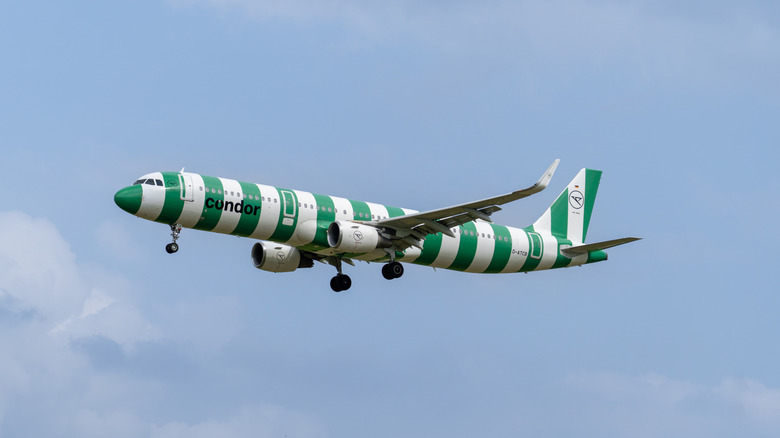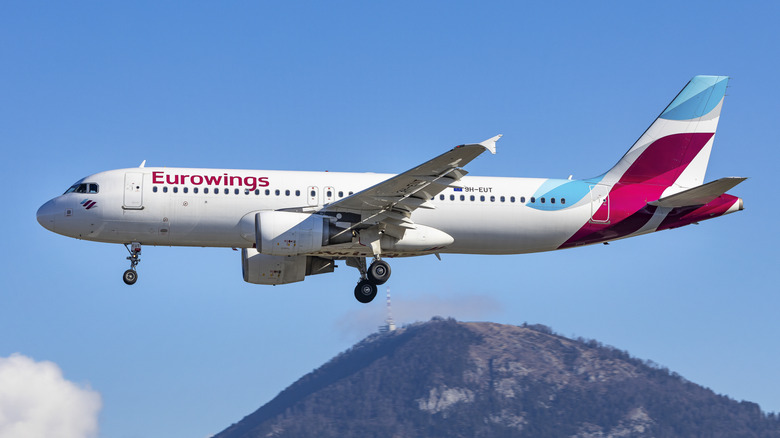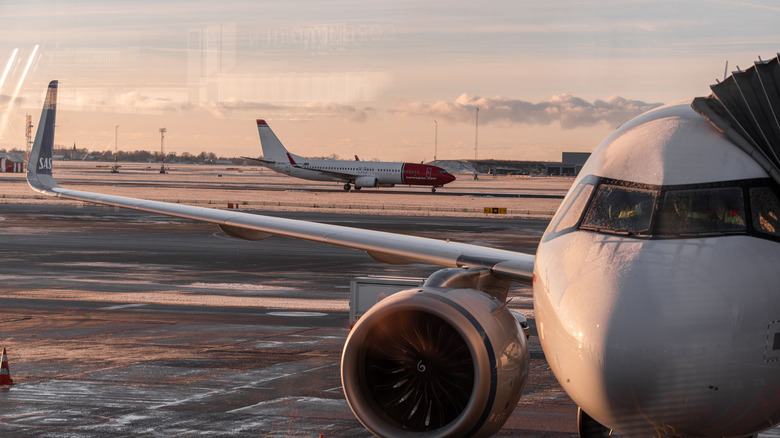Low-cost airlines have been a staple of European travel since the 1990s, reshaping the tourism industry and making air travel more accessible to a broader audience. Inspired by U.S. carriers like Southwest Airlines, companies such as Ryanair and EasyJet redefined the way people travel across Europe. These airlines introduced a model that offered incredibly low fares, allowing passengers to fly across the continent for as little as $20 each way. Over time, this model became a cornerstone of the European travel landscape.
Today, low-cost airlines are a fundamental part of the market, with Ryanair and EasyJet still leading the way. However, the sector has grown significantly, with numerous competitors offering routes throughout Europe and beyond. While these airlines are popular for their affordability, they also face criticism for compromising on comfort, legroom, luggage allowances, and customer service. Many of them use various tactics to generate additional revenue, which can be frustrating for travelers.
One of the most recognizable names in European aviation is Condor, a German airline known for its vibrant, striped livery. Condor operates flights to destinations across Europe and even offers long-haul routes. Despite its eye-catching planes, traveler reviews of Condor are mixed. Many passengers feel that the experience does not justify the low price they paid.

When booking a flight with a low-cost airline like Condor or EasyJet, there are several key points that every traveler should consider. The adage “You get what you pay for” often applies here. Passengers should not expect the same level of service or comfort as they would with larger, premium airlines. However, there are certain aspects that should not be ignored.
One of the most significant complaints about Condor involves its handling of unattended minors. Travelers report that, despite paying for the unattended minors service, their children were left to navigate the airport on their own, unsupervised during the flight, and even required to handle passport control and customs independently. This lack of attention raises serious concerns about the airline’s commitment to passenger safety and care.
Other passengers highlight issues that affect the overall value of flying with Condor. Problems such as dirty cutlery, malfunctioning toilets, flight delays, lost bookings, and last-minute changes create a pattern of poor service. Additionally, Condor receives a disappointing 1.6-star rating on Trustpilot, with many customers expressing dissatisfaction with their experience. From booking and boarding to customer service and luggage handling, the consensus is that Condor may not be the best choice for all travelers.

Unfortunately, these challenges are not unique to Condor. Many low-cost airlines receive similar feedback from passengers. A recent study by Flightright ranked the worst airlines in Europe based on factors such as reliability, speed of refunds and compensation, and customer satisfaction. Ryanair, Vueling, and Finnair were among the worst performers, while low-cost German airlines Eurowings and Discover Airlines received the highest scores. Condor placed eighth, outperforming many other major low-cost airlines like Ryanair, EasyJet, and Wizz Air, as well as flag carriers such as British Airways and KLM.
Choosing an airline in Europe is often a difficult decision, one that involves trade-offs. The general advice is that if comfort is not a priority and affordability is key, a low-cost airline may be the right choice. On the other hand, if passengers prefer more legroom, better customer service, and fewer hidden fees, a national flag carrier like British Airways might be a better option. However, the Flightright study suggests that this trend is not always accurate. It is essential to review any airline thoroughly before booking to ensure a positive travel experience.



